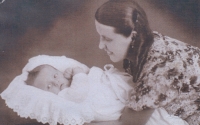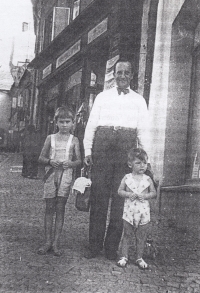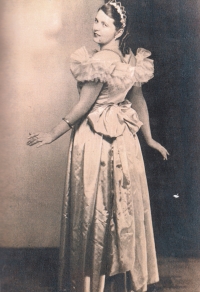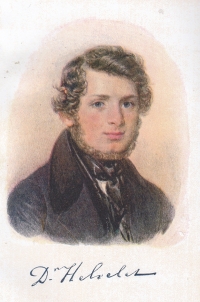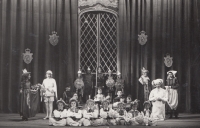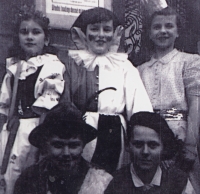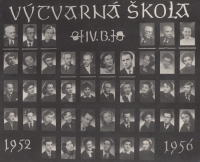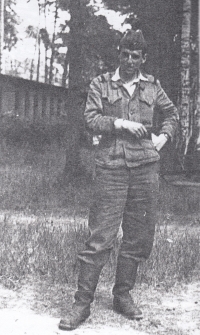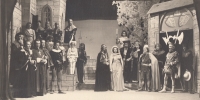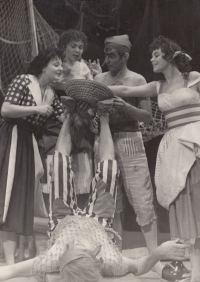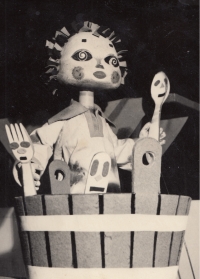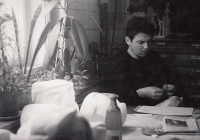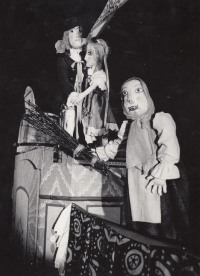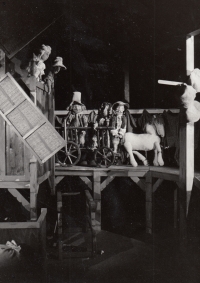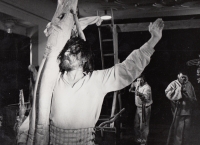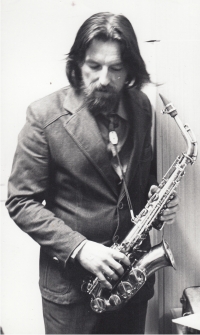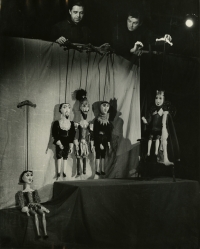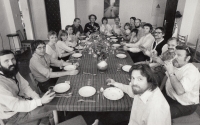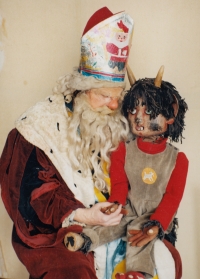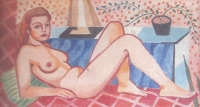I have cultivated what is called freedom
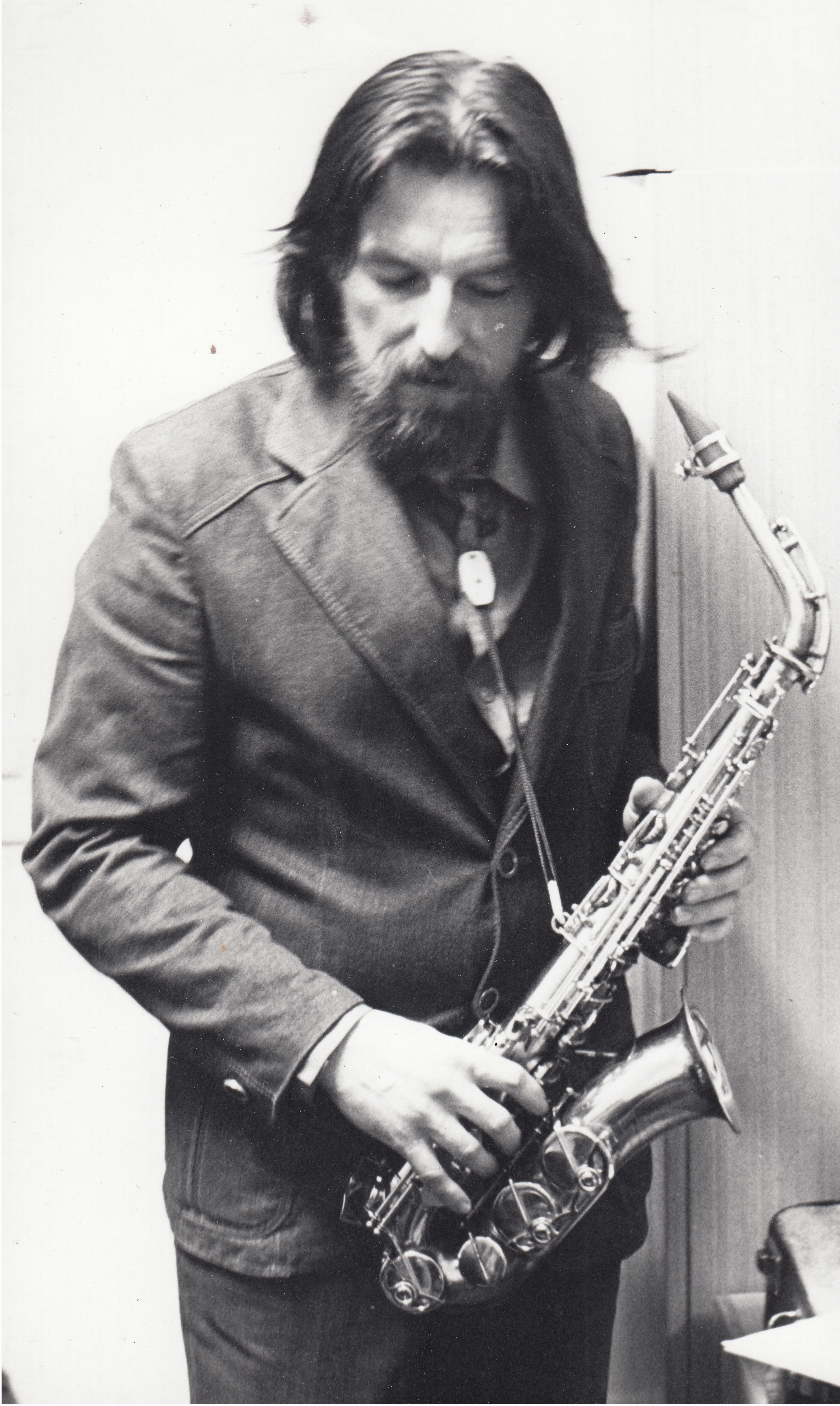
Download image
Boris Šlechta was born in Pardubice on 25 April 1937. He spent his childhood mostly in Chrudim, growing up with elder half-brother Theodor. His father Theodor Šlechta was a WWI veteran and his mother Věra Šlechtová, née Helceletová was a housewife and actively involved in social life. Boris completed the Higher School of Art Industry in Prague, known as the School of Fine Arts at the time, in 1956. He then worked briefly as designer at KOH-I-NOOR and also as a technician (set designer) at the Mladá Boleslav theatre where he also got his first small roles in professional theatre. From 1961 to 1991, he was a puppeteer and designer at the DRAK puppet theatre in Hradec Králové. He was subsequently on staff at the Klicpera Theatre in Hradec Králové from 1992 to 1997. From 1999 to 2001 he worked at the East Bohemian Theatre in Pardubice. He worked with Czech Radio for more than 20 years, performing in radio productions and hosting his own shows. In 2014, he edited his father’s memories of the World War I for a book publication under the title Alone in the World on Fire. Boris Šlechta was also a freelance artist, painting, drawing, illustrating books and writing poetry. He appeared in minor roles in several film and television productions and also dabbled in dubbing. He lived in Hradec Králové in 2023.
